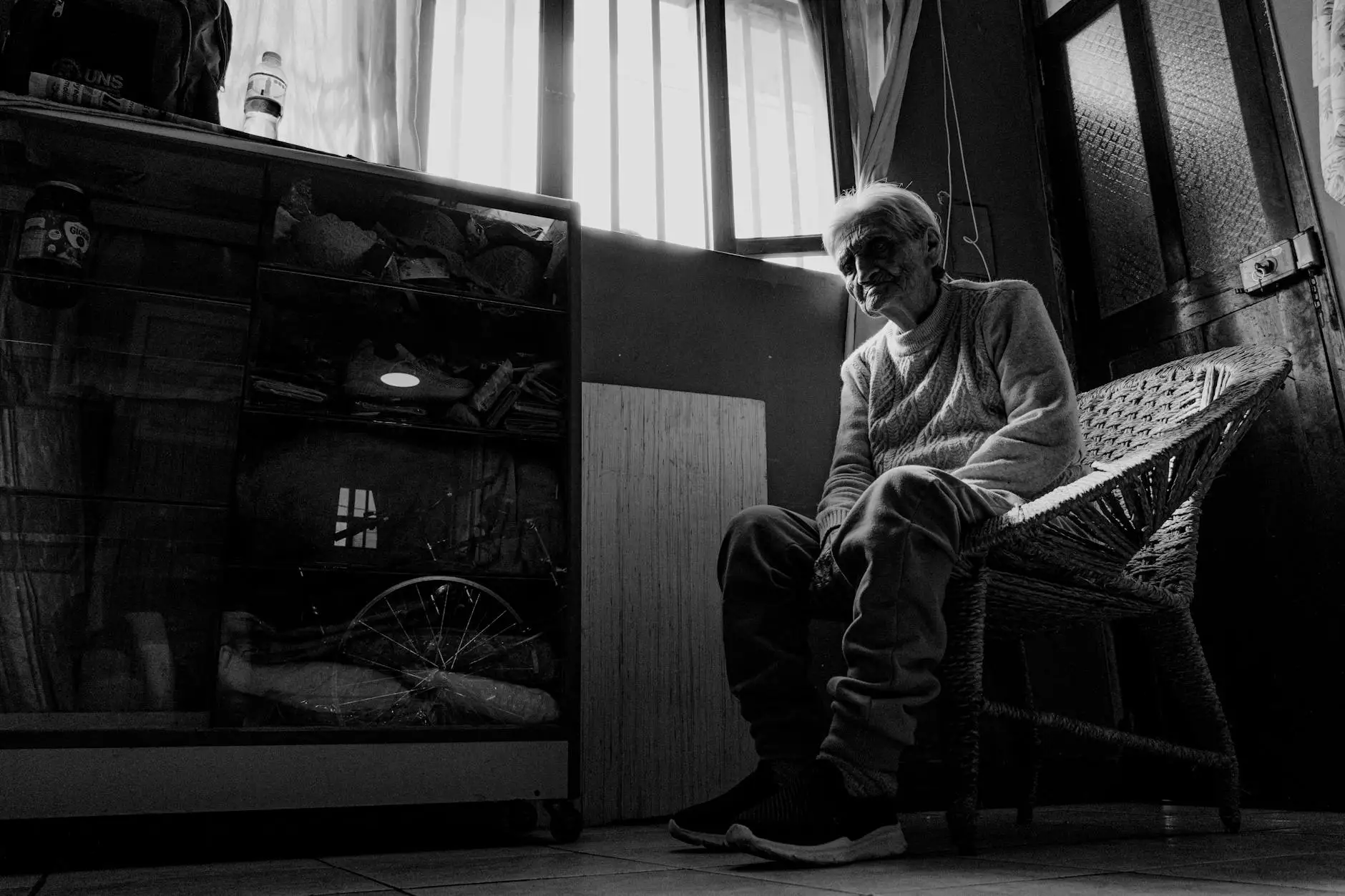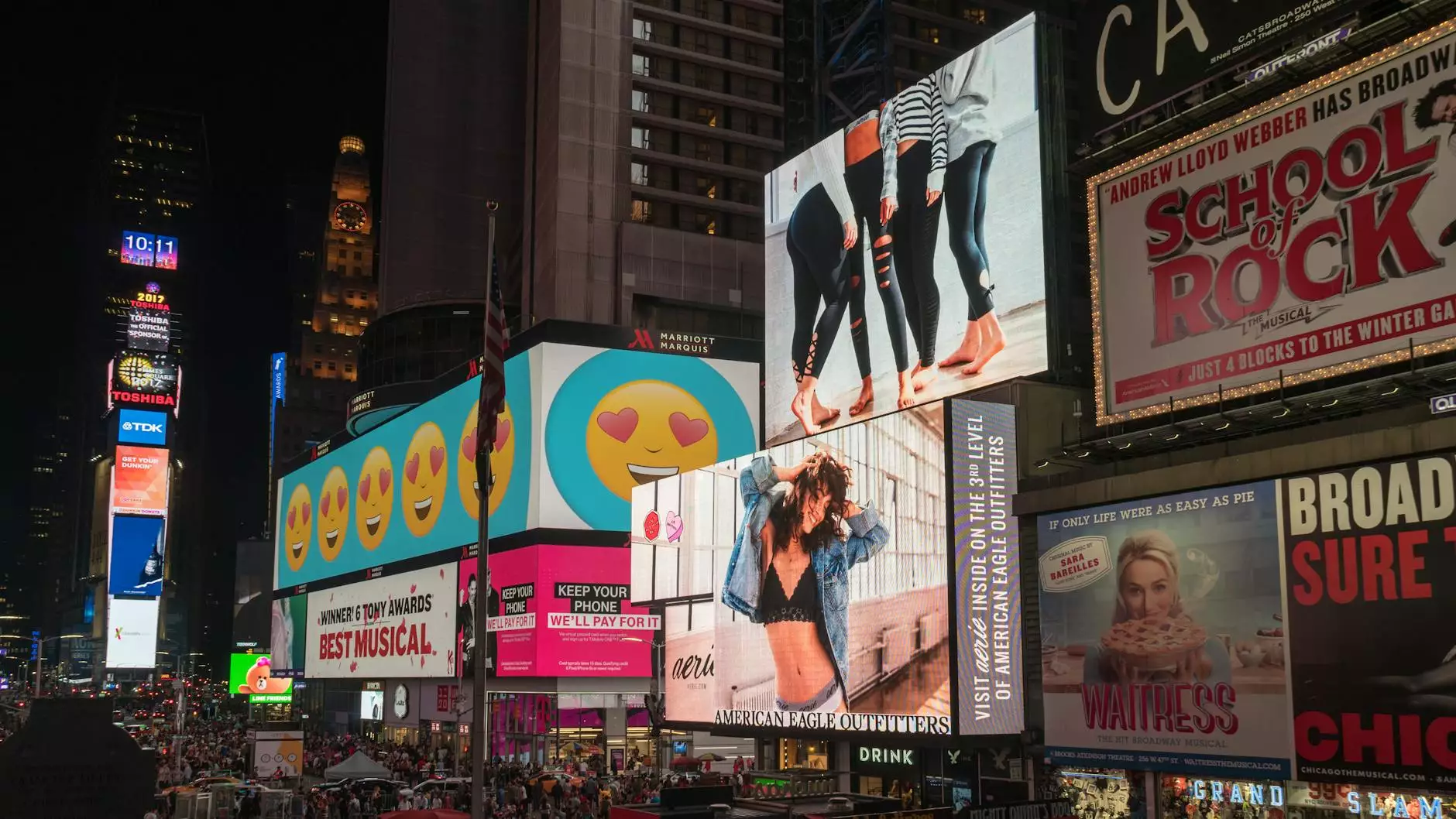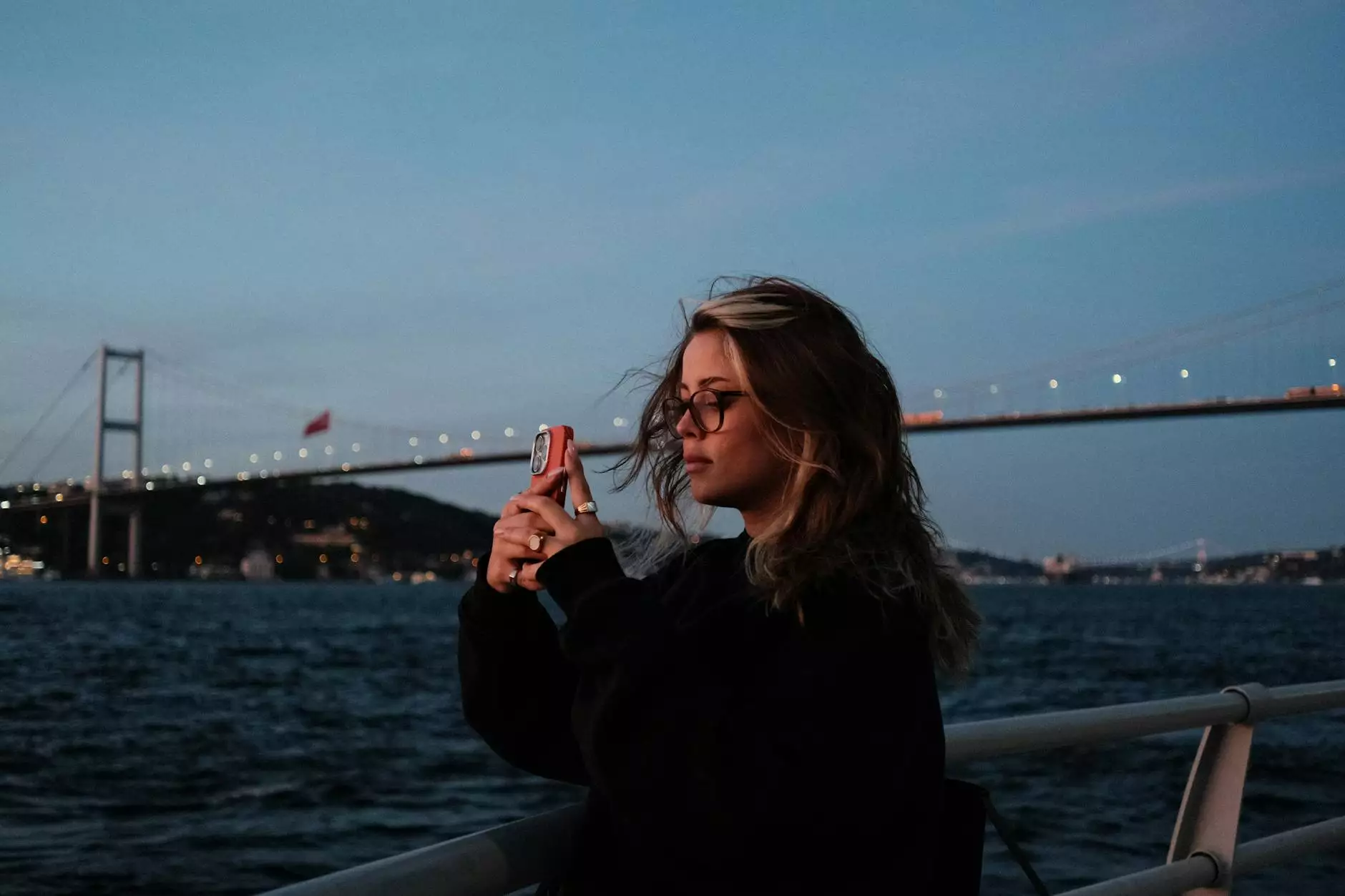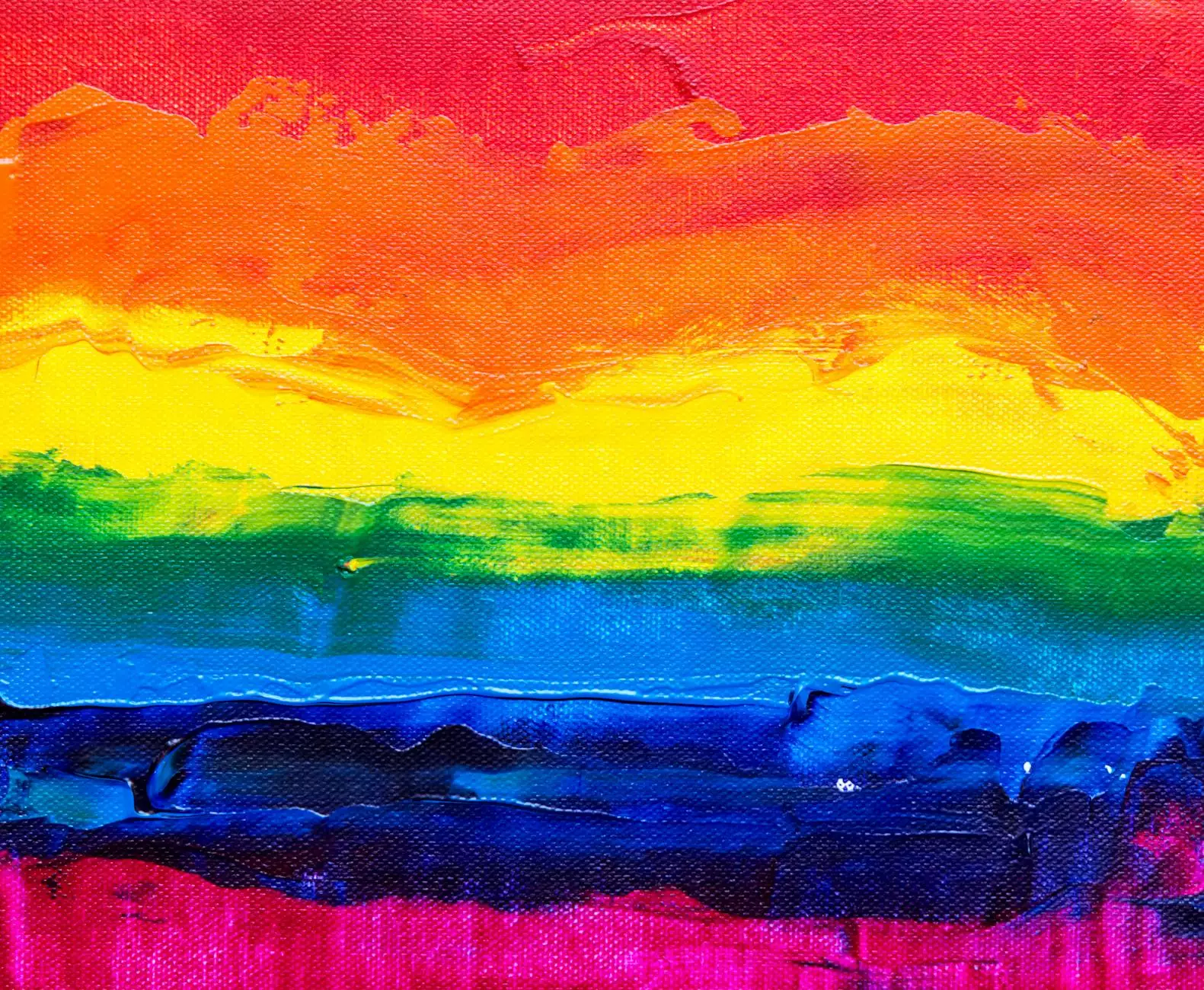Nigerians in Black Panther: A Celebration of Culture and Diversity
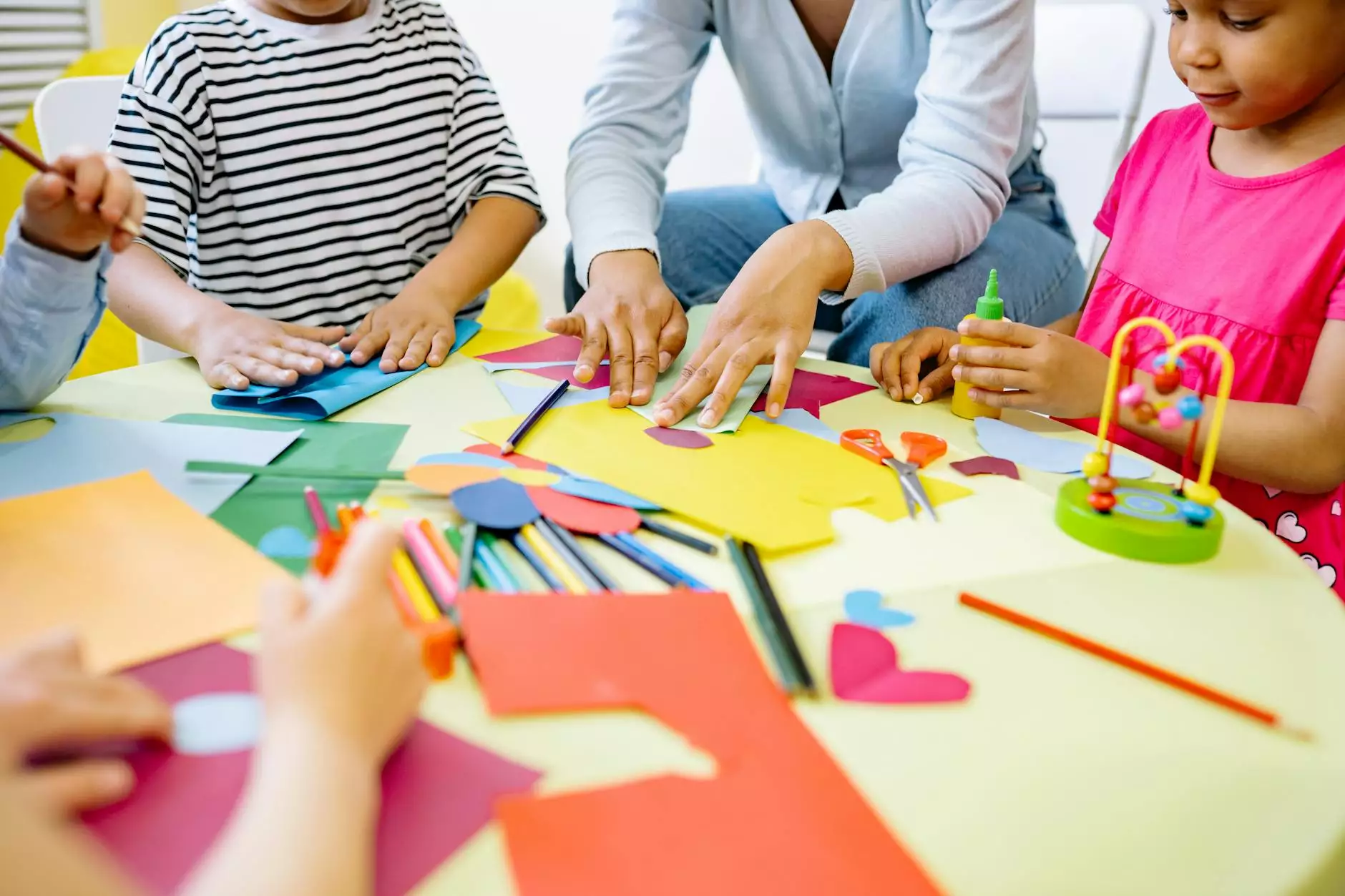
Black Panther, directed by Ryan Coogler, emerged as a cultural phenomenon following its release in February 2018. Not only did it break box office records, but it also opened the door to discussions about representation in the film industry. One of the standout aspects of the film is the notable portrayal of various African cultures, with a particular emphasis on Nigerians in Black Panther. This article aims to explore the rich cultural elements, character contributions, and the broader significance of this representation.
The Importance of Representation in Film
Representation is a crucial element in storytelling, particularly in film. It shapes societal perceptions and influences cultural identity. The portrayal of Nigerians in Black Panther serves as an important reminder of the complexities and richness of African cultures. The film actively challenges stereotypes and presents a nuanced view of Black identity.
Nigerian Cultural Elements in Black Panther
Black Panther beautifully weaves Nigerian cultural references through its narrative, character development, and visual storytelling. The influence of African traditions is prevalent throughout the film, and here are some of the significant cultural components reflected in the film:
- Language: The film features a mix of African languages, including Yoruba and Igbo, helping to root the story within the context of African heritage.
- Costume Design: The costumes, inspired by various African cultures, showcase traditional fabrics and styles, incorporating patterns that are often seen in Nigerian attire.
- Music: The soundtrack blends traditional African music with contemporary styles, showcasing artists like Burna Boy and the American rapper Kendrick Lamar, reflecting the global fusion of culture.
- Philosophy and Spirituality: Elements of African spirituality and philosophy are presented throughout the film, particularly in relation to the ancestral realm and the importance of community.
Character Exploration: Key Nigerian Characters in Black Panther
T’Challa (Black Panther)
T’Challa, played by Chadwick Boseman, is the titular character and King of Wakanda. He embodies the ideals of bravery and leadership. His connection to his ancestors and heritage reflects the values cherished in many Nigerian cultures, where ancestral guidance and respect form the core of communal life.
Nakia
Nakia, portrayed by Lupita Nyong'o, is a spy and a fierce warrior with a strong sense of justice. Her character is often seen embracing the necessity of change and advocacy for the marginalized, a theme prevalent in many Nigerian narratives. She represents the importance of activism and societal reform.
M’Baku
Introduced as a leader of the Jabari tribe, M’Baku, played by Winston Duke, is a character that embodies strength and resilience. His portrayal draws from the warrior traditions cherished in Nigerian societies, showcasing ideals of honor and courage.
Okoye
As the fierce commander of the Dora Milaje, Okoye—played by Danai Gurira—exemplifies loyalty and protection. Her character significantly underscores the role of women in leadership, reflected in the contributions of Nigerian women throughout history.
Nigerians in Black Panther: Reactions and Impact
The portrayal of Nigerians in Black Panther sparked conversations globally. Audiences praised the authentic representation and intricate portrayal of African cultures—elements rarely seen in mainstream Hollywood films. Following the film's success, many Nigerians and people of African descent felt a renewed sense of pride in their heritage.
The Global Influence of Black Panther and Its Cultural Ripple Effects
The global response to Black Panther emphasized its significance beyond entertainment. The film became a cultural touchstone, showcasing the possibilities that arise when stories about Black people are centered in a positive, diverse light. It encouraged filmmakers to delve deeper into African narratives and explore the wealth of stories waiting to be told.
Moreover, the film’s depiction of advanced African civilization—symbolized by the technologically advanced Wakanda—serves to counteract centuries of negative stereotypes associated with Africa. This progressive representation aims to redefine cultural narratives, inviting a broader understanding of African countries such as Nigeria.
Conclusion: The Legacy of Nigerians in Black Panther
In conclusion, Nigerians in Black Panther captures a vibrant tapestry of culture that resonates deeply with audiences around the world. The film not only provides representation for Nigerians and other Africans but also invites viewers to engage more profoundly with African traditions, philosophies, and identities.
The legacy of Black Panther goes beyond its commercial success; it ignites conversations about identity, diversity, and the importance of representation in media. As we celebrate the contributions of Nigerians in this cinematic masterpiece, we also look forward to a future where more stories from diverse cultures can find their way to the screen, enriching our understanding of the world.
Explore More
If you are interested in learning more about the cultural impact and artistic expressions born from the intersection of film and African heritage, here are some resources:
- Royalti Music & Video - Explore Nigerian art forms and their global influence.
- Official Black Panther Site - Discover more about the film and its legacy.
- Representation Matters - A platform dedicated to discussing diversity in media.
Let us continue to celebrate and advocate for authentic representation in film and beyond!

